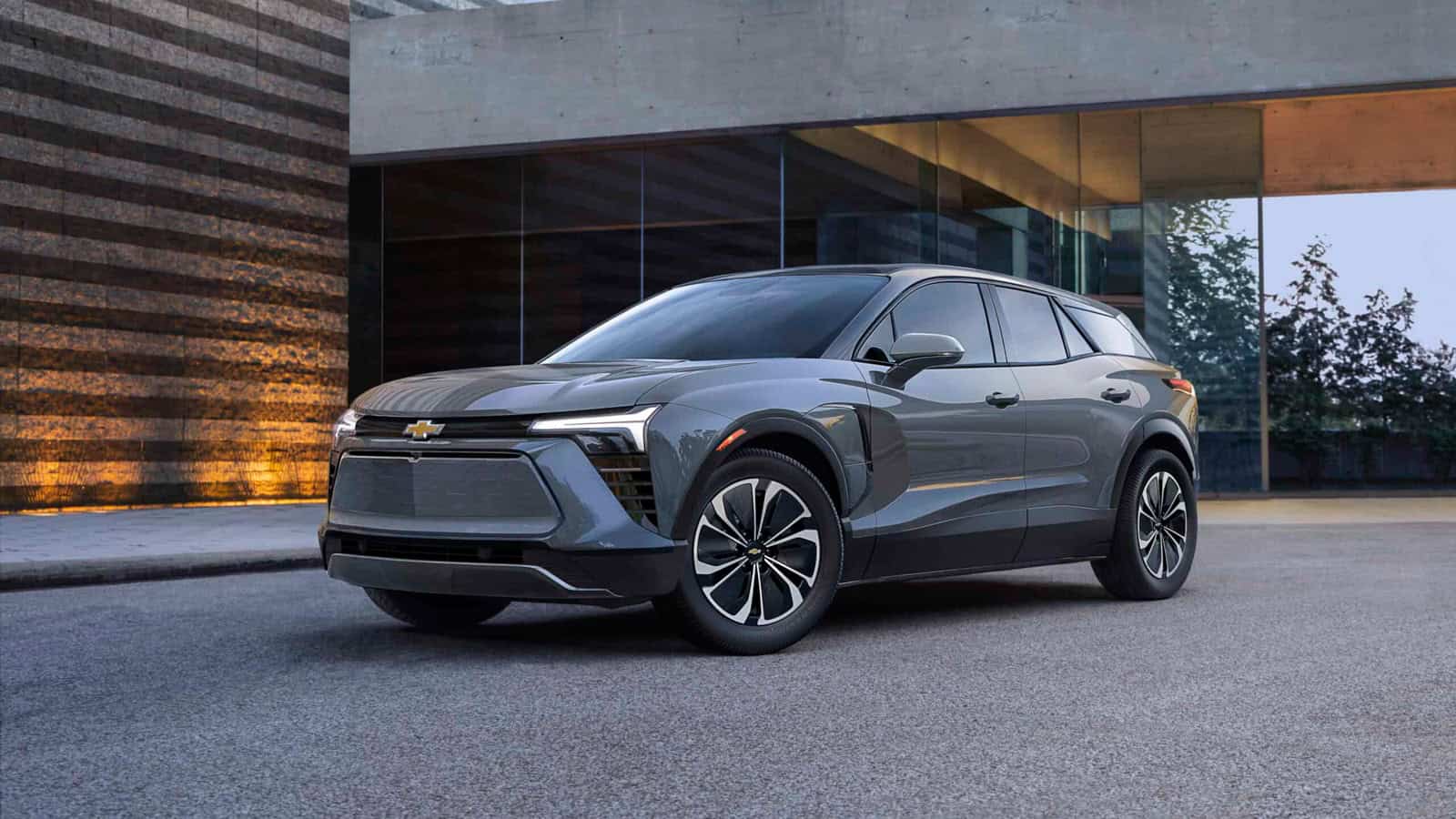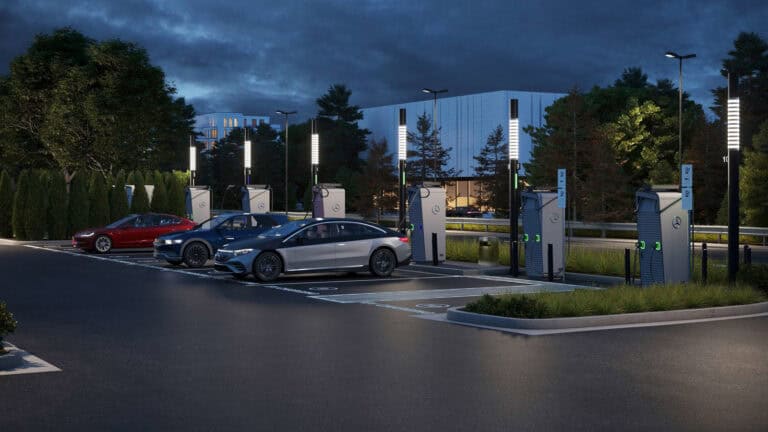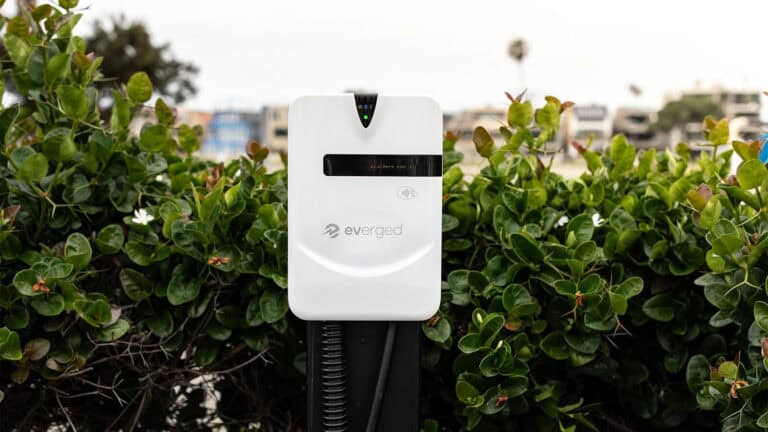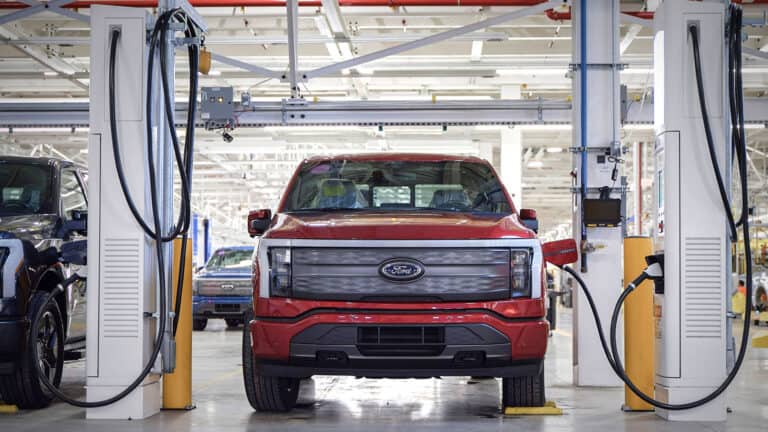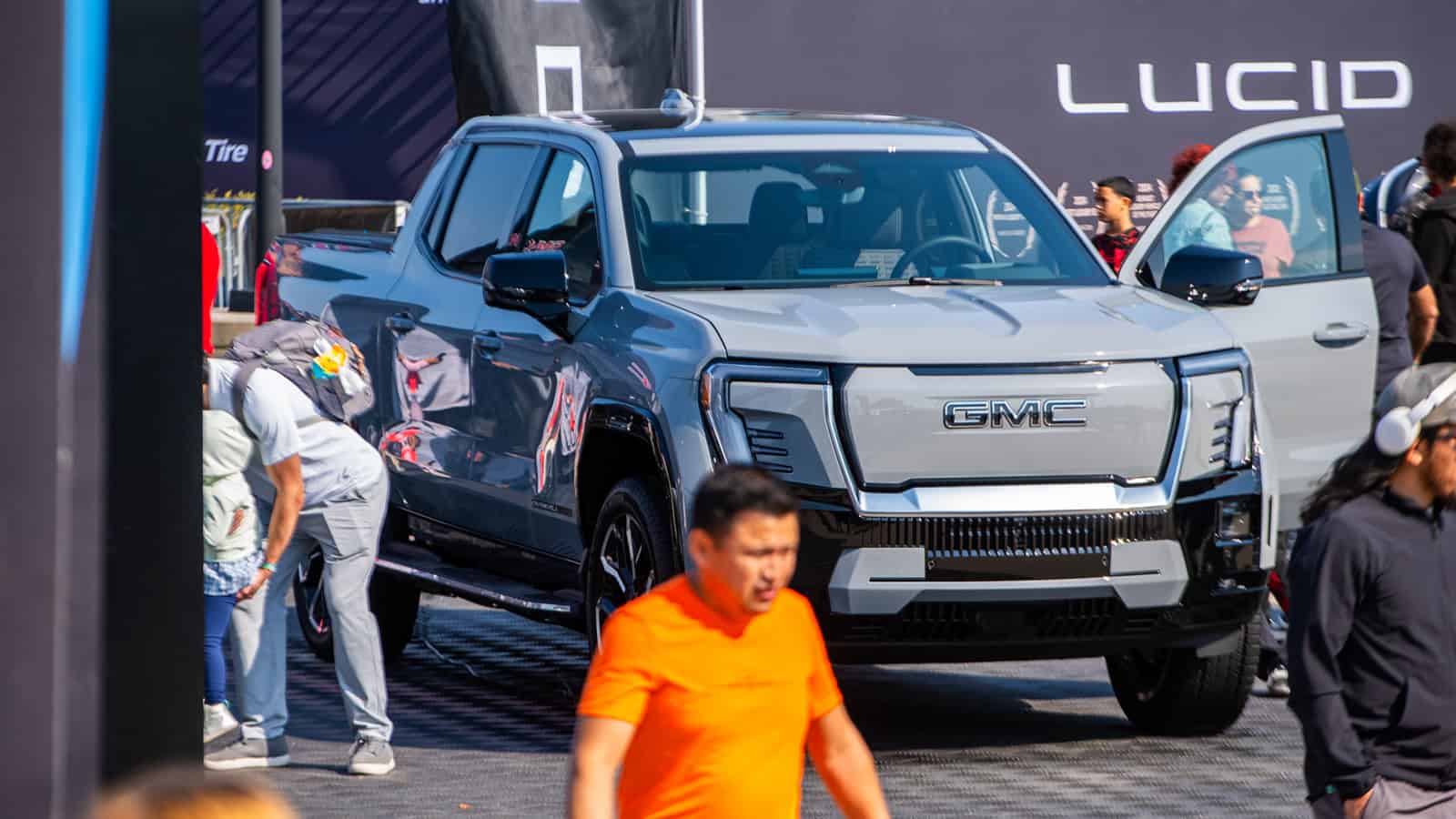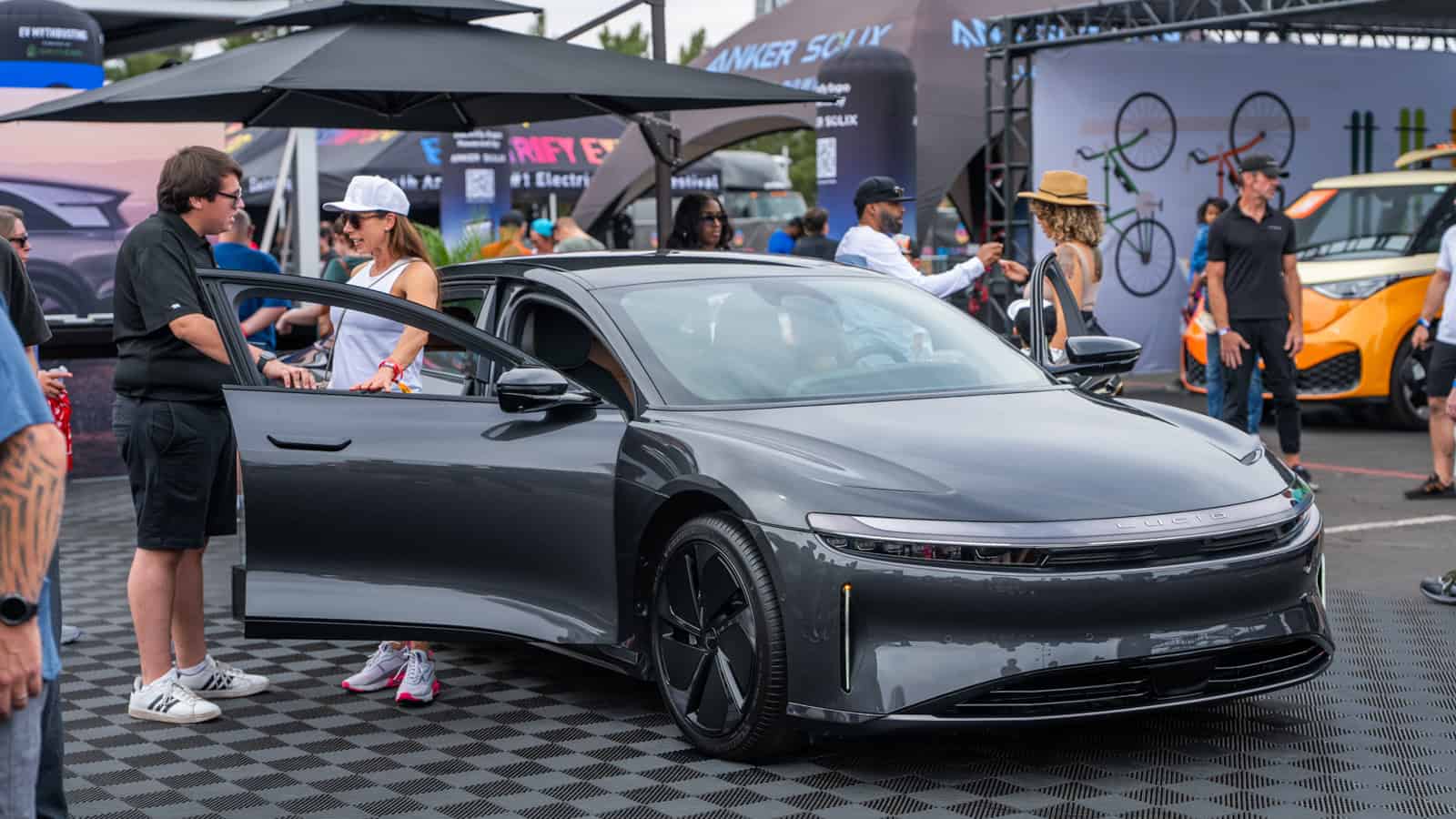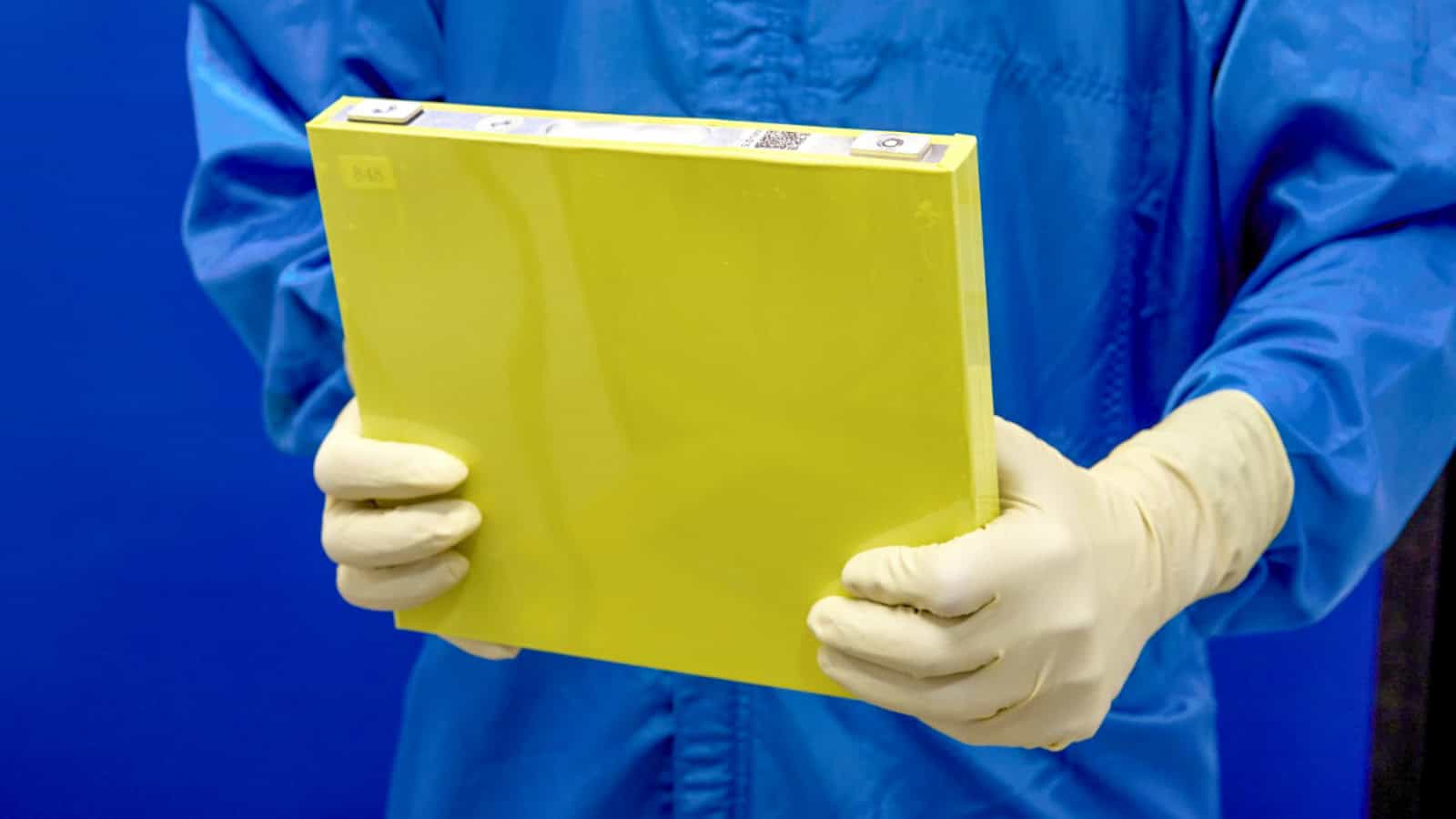- GM sold its stake in the Lansing Ultium EV battery plant to LG Energy Solutions, recouping $1 billion.
- GM and LG plan to develop advanced prismatic battery cells for better EV range and efficiency.
- GM focuses on domestic battery production to simplify supply chains and improve EV profitability.
ADVERTISEMENT
General Motors (GM) is making a calculated adjustment to its electric vehicle (EV) battery strategy, announcing the sale of its stake in the Ultium Cells LLC battery plant in Lansing, Michigan, to LG Energy Solutions.
The nearly completed facility, originally a joint venture between the two companies, will now fall entirely under LG’s control, with GM recouping its $1 billion investment.
This decision reflects GM’s confidence in its existing U.S. battery production network, which includes Ultium Cells plants in Warren, Ohio, and Spring Hill, Tennessee. These facilities support key EV models like the Cadillac Lyriq, Chevrolet Blazer EV, and GMC Hummer EV, central to GM’s electric vehicle push.
The Lansing plant will no longer be part of GM’s battery production, but this decision supports GM’s broader goals by streamlining ownership and focusing on its existing facilities.
The CFO of GM, Paul Jacobson, mentioned this point, stating, “We believe we have the right cell and manufacturing capabilities in place to grow with the EV market in a capital-efficient manner.”
ADVERTISEMENT
LG Energy Solutions, now taking full control of the Lansing plant, can quickly finish equipping the facility. This shift allows LG to supply batteries to more customers, potentially changing the competitive landscape for battery production in North America.
GM’s decision comes at a key moment for the EV industry. Building batteries domestically helps simplify supply chains and unlock federal incentives from the Inflation Reduction Act. These benefits are crucial as GM works toward making its EV business profitable, staying ahead of competitors still facing scaling challenges.
However, political uncertainty looms as President-elect Donald Trump has pledged to cut federal EV subsidies. This could jeopardize the incentives driving domestic battery investments, making adaptability and strategic planning crucial for GM and its competitors.
GM and LG plan to introduce “prismatic” battery cells, which are simpler to make and offer more energy than traditional cylindrical ones. If added to GM’s lineup, these cells could improve vehicle range and performance, giving GM a competitive edge in the EV market.
The collaboration on prismatic cells shows GM’s commitment to creating reliable and efficient vehicles. This development will help GM balance cost and performance as it expands its EV lineup.
ADVERTISEMENT

SOURCE | IMAGES: GM
FTC: We use income-earning auto affiliate links. Learn more.


